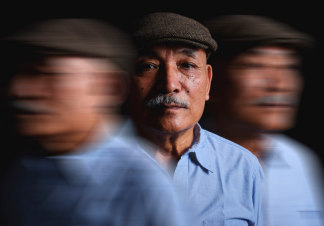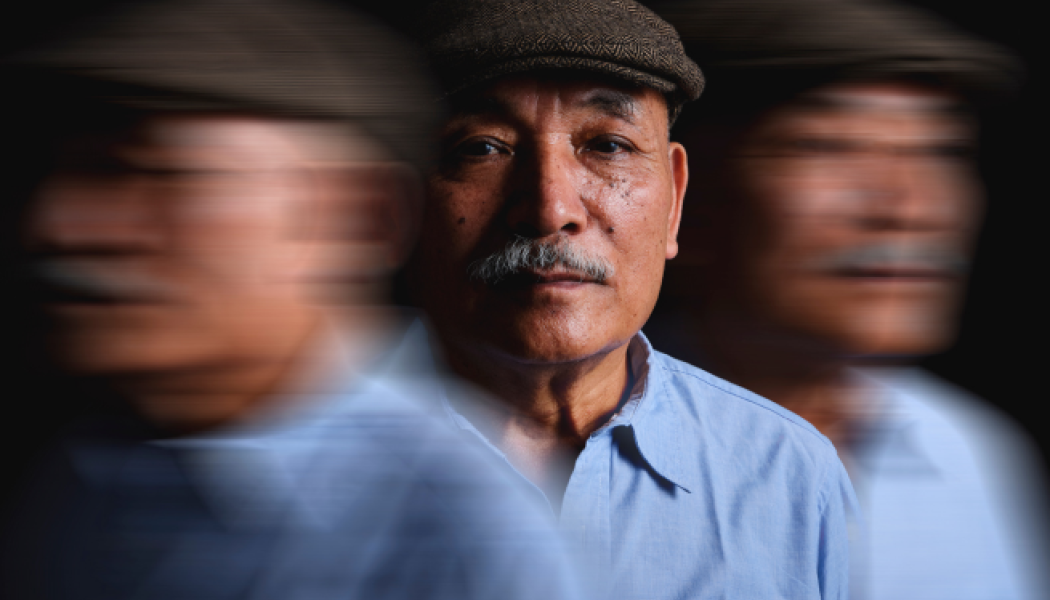Dementia and delirium often get confused. Knowing how to differentiate between the two might save the health of a loved one’s brain.
Why do we need to increase awareness about delirium? Because delirium is a medical emergency—as much a medical emergency as chest pain. In older adults, conditions like pneumonia and urinary tract infections can cause confusion. But acute appendicitis, a heart attack, infection and a thyroid storm (thyrotoxicosis) can also cause confusion, and require immediate medical care.















